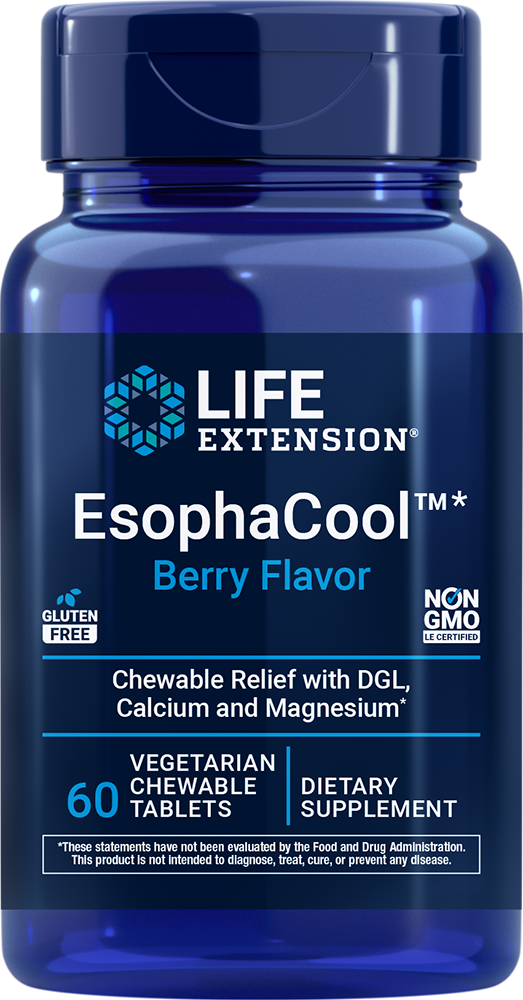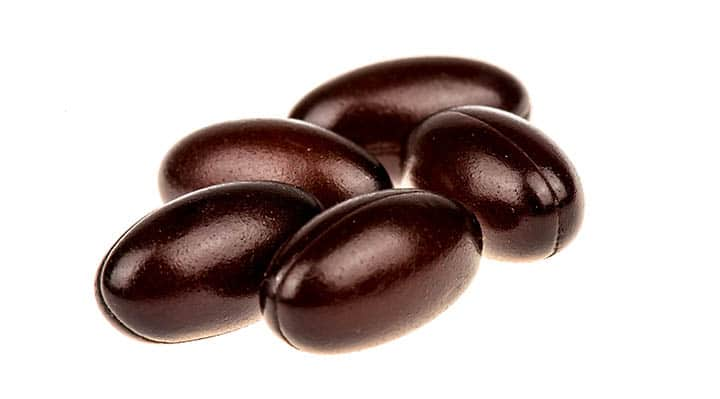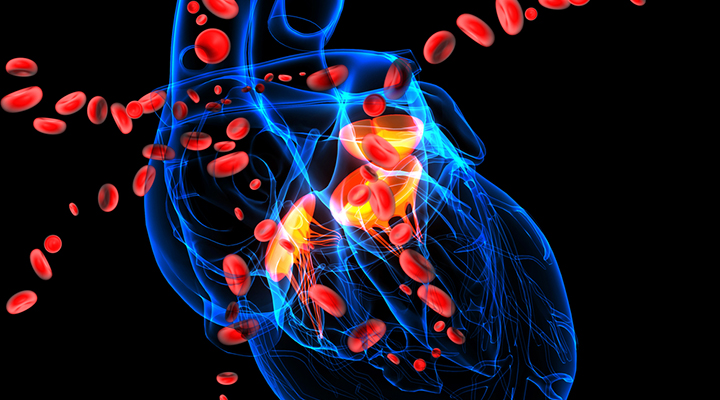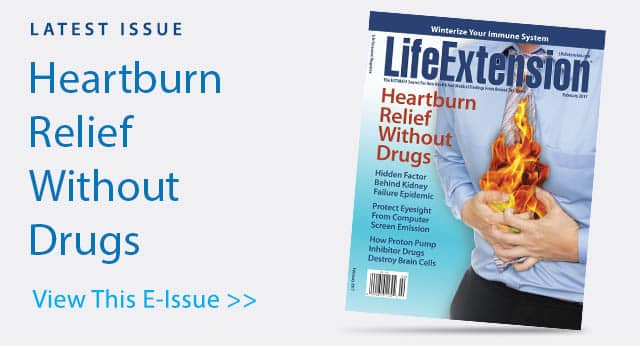Tuesday, February 7, 2017
On December 9, 2016 in the journal Heart and Vessels, researchers from Japan's Juntendo University School of Medicine reported the finding of a greater risk of inflammation, malnutrition and dying while hospitalized among coronary care unit patients with lower coenzyme Q10 (CoQ10) levels.
The study included 257 men and women with cardiovascular disease admitted to Juntendo University Hospital's coronary care unit (CCU) from April 2012 to January 2013. Diagnoses included ischemic cardiomyopathy, nonischemic cardiomyopathy, acute coronary syndrome, arrhythmia, venous thromboembolism, aortic disease and others. Fasting blood samples collected within 24 hours of admission were analyzed for serum CoQ10, plasma lipids, glucose, C-reactive protein (CRP, a marker of inflammation) and additional factors.
Coenzyme Q10 levels averaged 0.54 milligrams per liter (mg/L) among CCU patients in the current study. (In comparison, a study that measured CoQ10 levels among 146 healthy older individuals in the U.S. found average levels of 0.71 mg/L.) Patients who were treated with statins had CoQ10 levels that averaged 0.46 mg/L, in comparison with an average of 0.58 mg/L among those who were not being treated with the drugs. Lower CoQ10 levels were associated with higher CRP levels, indicating an inflammatory state. Decreased CoQ10 levels were also associated with having a lower body mass index (BMI) which suggested malnutrition.
Within an average of 38 days from the time of admission, 14 deaths occurred among the study's subjects. Serum CoQ10 levels were significantly lower, at an average of 0.43 mg/L, among those who died compared to levels that averaged 0.55 mg/L among survivors.
The authors note that CoQ10's ability to improve cellular bioenergetics contributes to its potential role in heart failure prevention and therapy. It also has antioxidant and vasodilatory effects that can benefit the cardiovascular system.
"To our knowledge, this is the first study to measure CoQ10 levels in patients with varied acute cardiovascular diseases," authors Megumi Shimizu and colleagues announce.
"Numerous studies have demonstrated various beneficial effects of CoQ10 supplementation on cardiovascular disease," they write. "Indeed, CoQ10 supplementation increases cardiac mitochondrial CoQ10 levels to improve cardiac function, and improves endothelial function, which is a critical risk factor for atherosclerotic diseases. Therefore, further prospective studies are warranted to elucidate the effects of CoQ10 supplementation on the prognosis of critical cardiovascular disease in patients admitted to the CCU."












